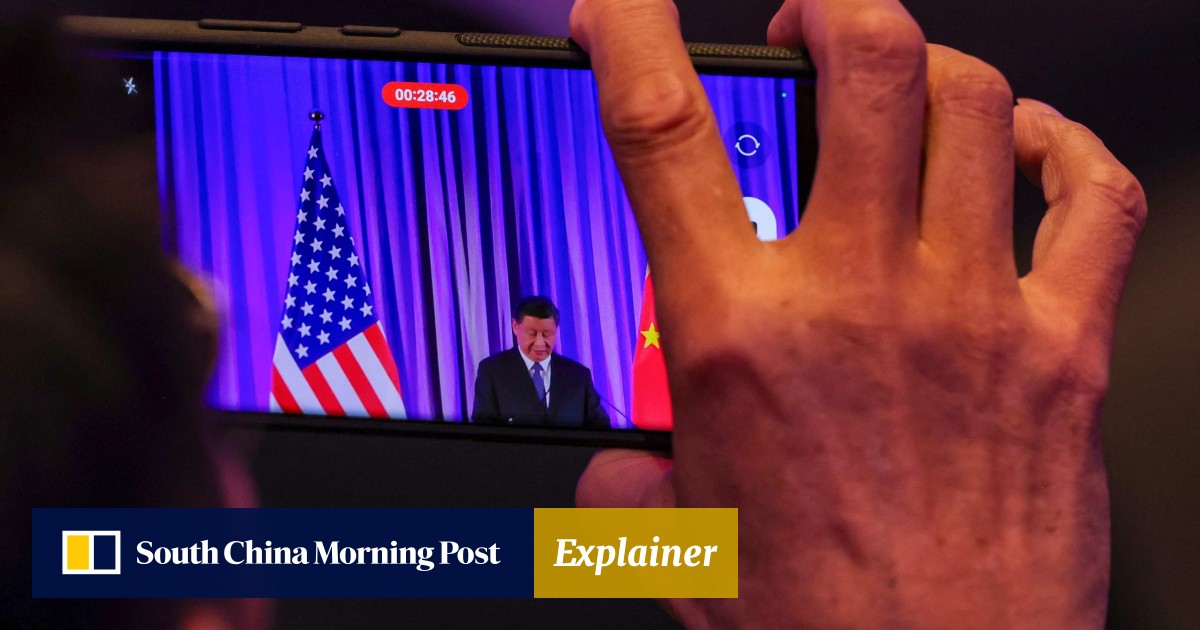
2. Li Qiang promises to ‘intensify financial supervision’
The commission was set up in March under the direct supervision of the party to tighten control over finance as part of a broad reshuffle of party and state institutions.
Chinese premier putting risk prevention first as head of new party finance body
Chinese premier putting risk prevention first as head of new party finance body
The commission should “intensify financial supervision in a comprehensive way” and better coordinate different departments, Li said.
3. Exports fall, record deals as CIIE returns
Analysts said the fall in exports compared to a year ago was primarily due to price effects, while the improvement in imports appeared to have been broad-based, they added.
4. Food-price deflation drags down CPI, prompts ‘stagflation’ warnings
‘Not too late’: outspoken economist Yu Yongding flags China’s stagflation risks
‘Not too late’: outspoken economist Yu Yongding flags China’s stagflation risks
Meanwhile, the producer price index – which reflects the prices that factories charge wholesalers for products – fell by 2.6 per cent in October from a year earlier.
5. China offers visa-free entry
The policy would start on December 1 and run until November 30 next year.
From 72 hours to 30 days: 5 visa-free ways to visit China by land, sea and air
From 72 hours to 30 days: 5 visa-free ways to visit China by land, sea and air
6. China approves Mastercard in boon for expats, visitors
Boon for expats, visitors as China approves Mastercard’s card clearing licence
Boon for expats, visitors as China approves Mastercard’s card clearing licence
“Foreigners working in China and executives and tourists on short visits will cheer the news more than Chinese consumers do, as the latter have grown so used to the duopoly of WeChat Pay and Alipay’s mobile, cardless payment services,” said Wang Pengbo, a researcher with market consultancy firm Botong.
7. China tightens rare earth, commodity controls
Importers of crude oil, iron ore, copper ore concentrates and potash fertiliser were also asked to report orders and shipments.
"entry" - Google News
December 01, 2023 at 06:00AM
https://ift.tt/ztmSMTe
Investment promises, visa-free entry: 7 things from China's economy in November - South China Morning Post
"entry" - Google News
https://ift.tt/zBbEtLq
https://ift.tt/ol45dZN
Bagikan Berita Ini














0 Response to "Investment promises, visa-free entry: 7 things from China's economy in November - South China Morning Post"
Post a Comment